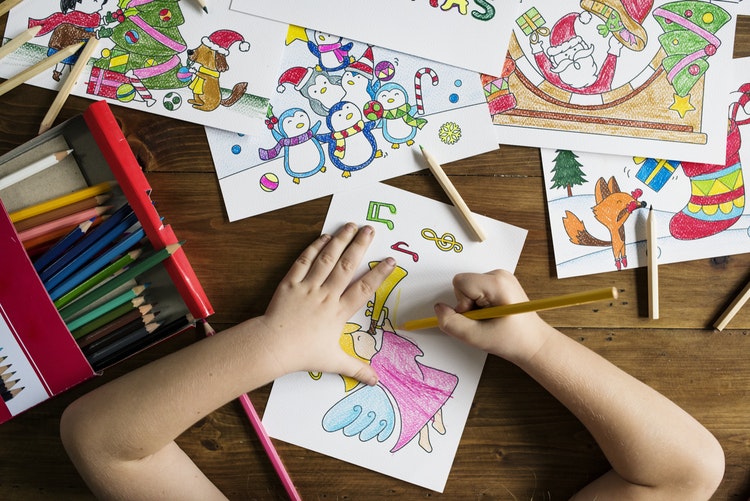
Jenny Holt, a freelance health writer for a number of health sites and magazines
sent us the following articles to share them with our readers.
CYBERULLYING – THE COMPLETE RESOURCE GUIDE
CREATING SPACES THAT ARE ADHD- FRIENDLY FOR KIDS
MOVING HOUSE: HOW TO MAKE MOVING EASIER ON YOU AND YOUR CHILD
HELPING CHILDREN RIDE THE STORM
BENEFITS OF PETS FOR KIDS WITH LEARNING DIFFICULTIES
SPECIAL NEEDS GARDENING: SOWING SEEDS ON MANY LEVELS
HELPING YOUR YOUNG CHILD DEAL WITH ECZEMA
THROWING AN INCLUSIVE BIRTHDAY PARTY FOR A CHILD WITH ADHD
SAFEGUARD YOUR CHILD’S LUNGS BY ASTHMA-PROOFING THEIR BEDROOM
THE IDEAL ENVIRONMENT FOR YOUR HOMESCHOOLED CHILD
THE IMPORTANCE OF RESPONSIBILITY AND HOW TO TEACH IT TO YOUR CHILDREN
EDUCATING KIDS ABOUT ORTHODONTICS
DEALING WITH CHILDHOOD CANCER DIAGNOSIS IN YOUR SPECIAL NEEDS CHILD
HOW TO BUILD CHILDREN’S CONFIDENCE BY TEACHING THEM CLOTHES MAKING
HOW TO INTRODUCE MEDITATION TO YOUR KIDS
GETTING YOUR CHILD INVOLVED IN A PENPAL PROGRAM
Thanks Jenny!
The Power Of Art For All Children
Public funding is often cut for arts programs in schools, but the importance of art and crafts in education and development shouldn’t be underestimated. While kids are having fun painting, making crafts or simply scribbling and coloring in, they’re also enhancing their visual processing skills, learning about color and texture and improving their coordination. If they are shy or uncommunicative, allowing kids to express themselves through creativity gives them a way to show their feelings and emotions. Even if they are reluctant to try new things at first, your child will gain confidence by persevering with arts and crafts and they may be surprised at what they can achieve.
Painting a picture
Painting doesn’t have to be about creating perfect life-like pictures with fine paintbrushes. Stimulate your child’s senses by making handprints and experimenting with finger painting. It’s a great way to start exploring with paint that produces immediate and fun results. Preparation is important so that everyone feels relaxed and has everything to hand. And it’s important not to be in a hurry or too worried about making a mess. Set aside plenty of time to allow your child to mix paints and experiment with making different colors before painting a picture or model.
Creating with clay
Modeling with clay is a great creative pastime. You don’t even need to make anything to appreciate the therapeutic qualities that playing with clay offers. It is excellent for sensory development and play-based learning, where children experiment by sculpting different shapes and designs. If the child is alone, it’s a calming activity, encouraging relaxation and focus. In a group, children learn to share and work together.
Drawing and doodling
Children with touch aversions may not appreciate working with modeling clay or getting their hands covered in paint, so why not encourage them to draw instead. Read a story with them and ask them to draw their favorite character or scene. It’s a great way to get kids to think about what they’re hearing or reading. To encourage kids who aren’t confident in their drawing skills, use simple, easy to follow, drawing guides to boost their self-esteem. If they have trouble holding narrow pencils and crayons, wrap them with foam to make them more comfortable to hold.
It’s a good idea to concentrate on what the children can do, not on what they can’t, and let them find out for themselves what they like and are good at. Children with motor challenges might need more help but otherwise, let them explore and experiment with art and drawing.
Kidsinco related playscripts
The Magic Pencil
The First Day of School
Click here to read Kidsinco Complete List of Playscripts
Tags: art, children, clay, coloring, doodling, drawing, education, modeling with clay, paint, painting


